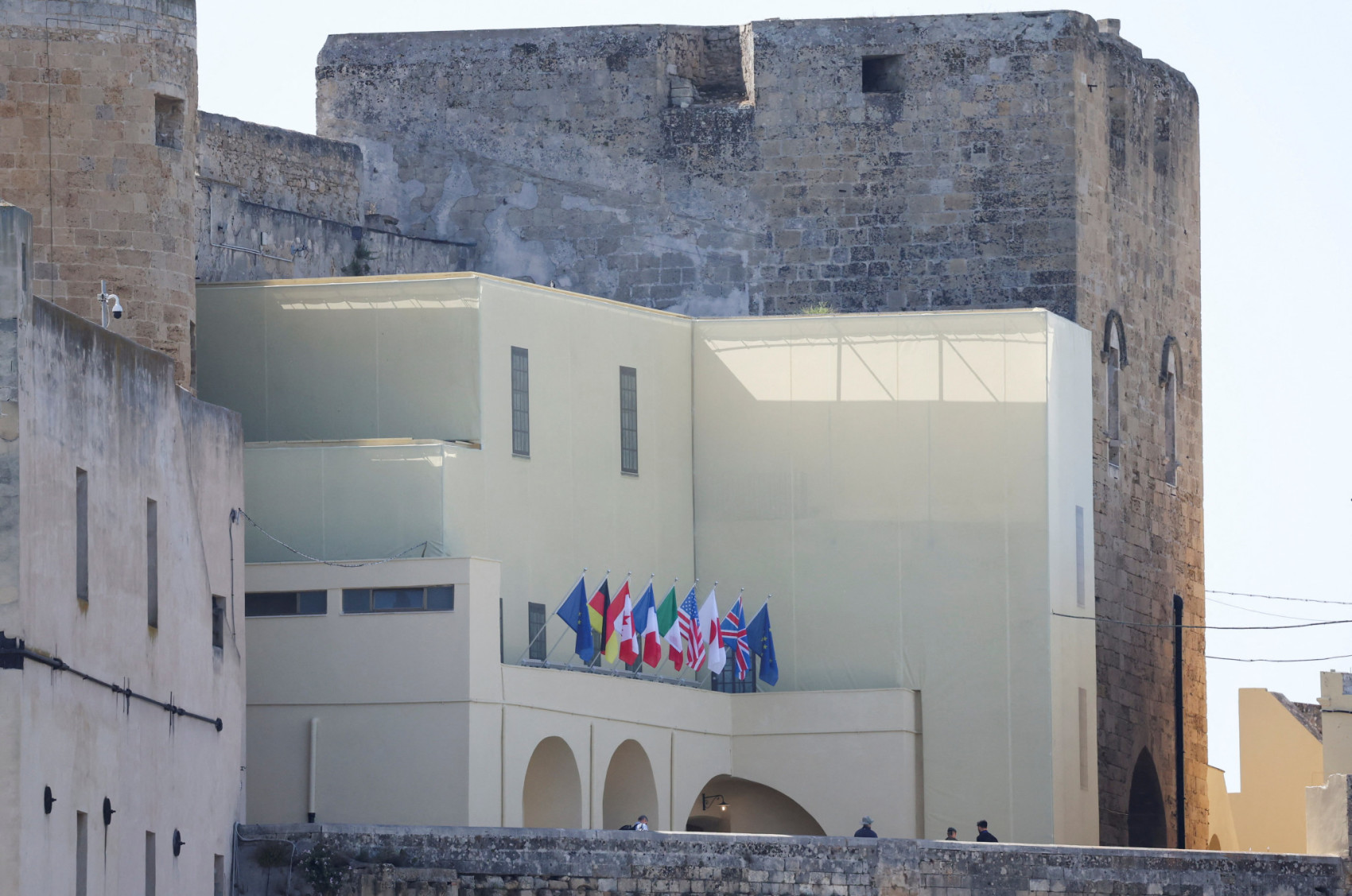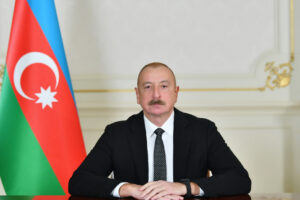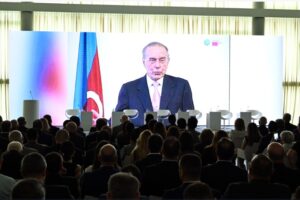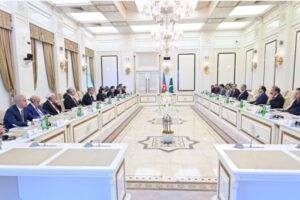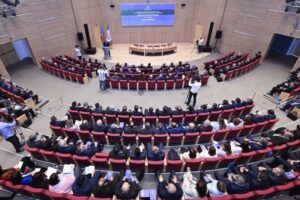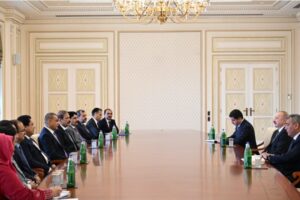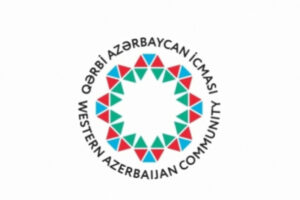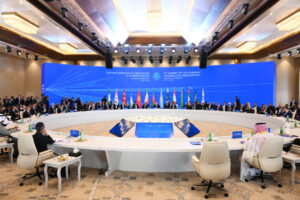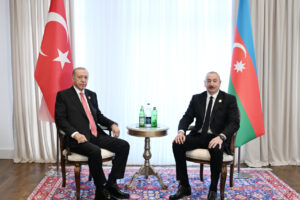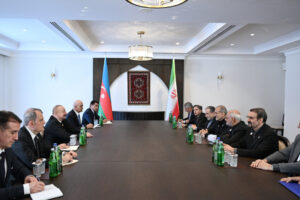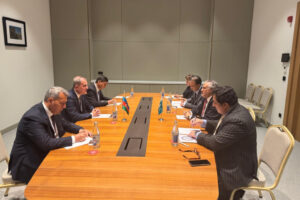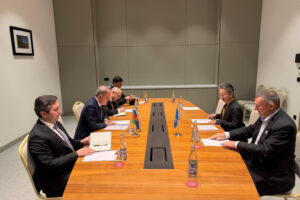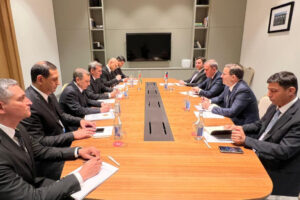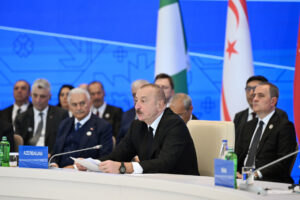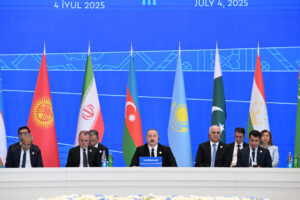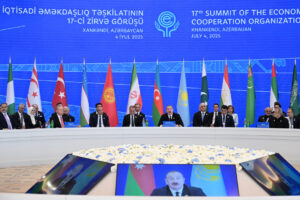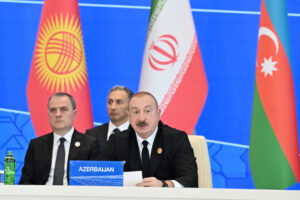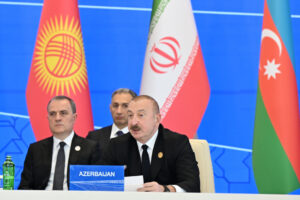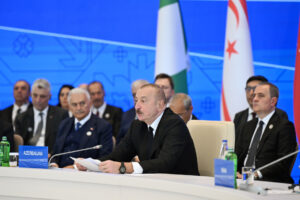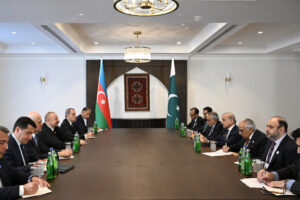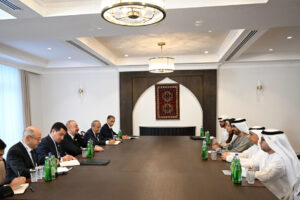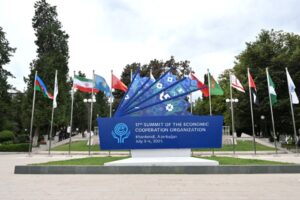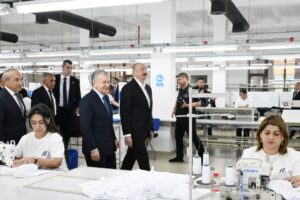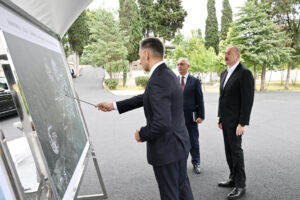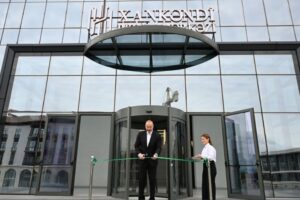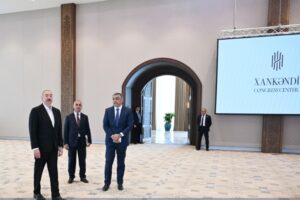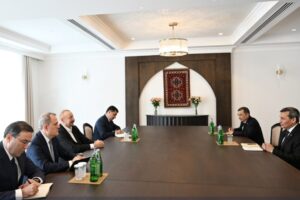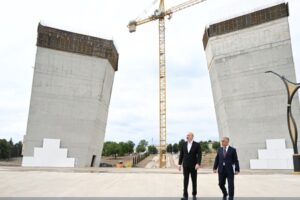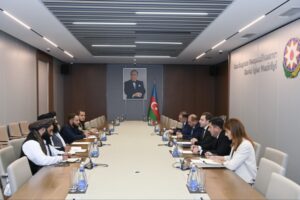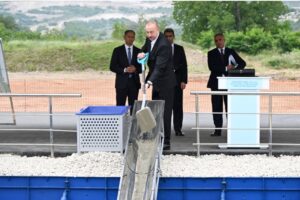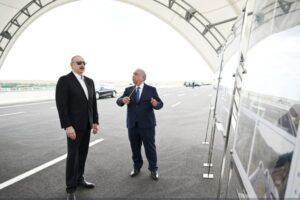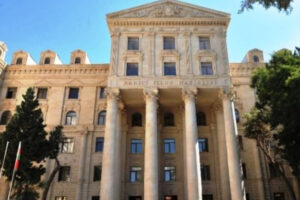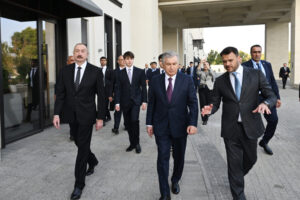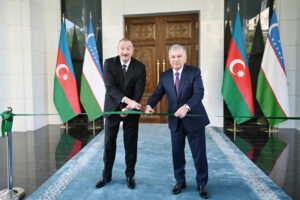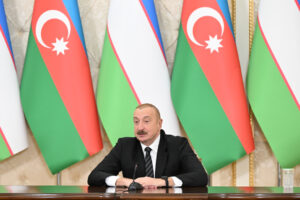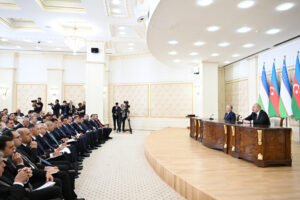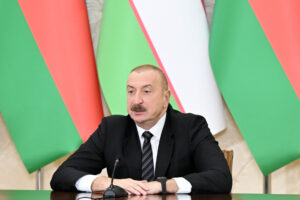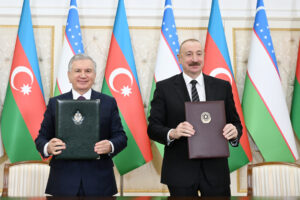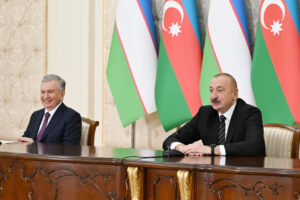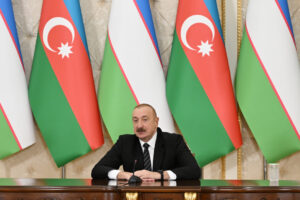Tokyo, 12 June, /AJMEDIA/
Group of Seven (G7) leaders will fly to southern Italy this week for their annual summit in downbeat mood, confronting myriad woes at home even as they seek solutions for many of the world’s most pressing problems.
U.S. President Joe Biden faces a polarized electorate and dismal approval ratings ahead of a re-election bid in November while British Prime Minister Rishi Sunak looks certain to lose power in a national vote next month.
The leaders of France and Germany are reeling from heavy defeats in recent European elections, and opinion polls are bleak for the prime ministers of both Canada and Japan.
Only the host, Italian premier Giorgia Meloni, will arrive on a high after triumphing in Italy’s EU election, but she will have a hard time trying to achieve meaningful results in the luxury Borgo Egnazia resort, political analysts say.
“As the G7 host you want fully empowered leaders. If you only have lame ducks there isn’t much you can do,” said Francesco Galietti, founder of political risk firm Policy Sonar.
“If you don’t have authority at home, how can you have authority on the world stage?”
The heads of the world’s most developed democracies face a daunting agenda for June 13-15 meeting – including wars in Ukraine and the Middle East, trade imbalances with China, threats posed by Artificial Intelligence and development challenges in Africa.
They will also welcome an unusually large number of outsiders, including Pope Francis and the leaders of some of the biggest regional powers across the globe such as India, Brazil, Argentina, Turkey, Algeria and Kenya. Saudi Arabia’s Crown Prince Mohammed bin Salman had been scheduled to come, but pulled out, Italy said on Tuesday, without giving a reason.
“The G7 brings together countries that are like-minded regarding fundamental principles and standards, but it is not closed off like a fortress. It opens up to the world,” said a senior Italian official who declined to be named.
Heading into the summit, which starts on Thursday, diplomats were seeking to overcome a legal thicket hindering the leverage of profits generated by Russian assets frozen in the West.
Around 260 billion euros ($281 billion) of Russian central bank funds are blocked worldwide, mostly in the European Union.
Some EU governments want to skim off the interest and use it to help Ukraine, devastated by Russia’s 2022 invasion, while the United States wants a more ambitious plan, calling for the profits to service a multi-year loan of up to $50 billion.
“The money, of course, matters, but it’s also the signal, because our leaders this year have the chance to send an unmistakable signal that (Russian President Vladimir) Putin cannot outlast us,” Daleep Singh, the lead U.S. diplomat for the G7 talks, said last week.
Rome and Washington hope a deal can be secured in Puglia, but a German official said last week that was unlikely.
Despite lingering friction on this issue, there is near unanimous agreement between G7 partners over the need to stand up to Russia and, for a second year running, Ukrainian President Volodymyr Zelenskiy will attend the summit.
There is less harmony within the wealthy nations’ club over the war between Israel and Hamas, with EU nations split into a solid pro-Israel camp and others sympathetic to Palestinians.
Likewise, differences will be aired when the Western allies discuss China. G7 leaders are expected to express concern about China’s excess industrial capacity, but there is not yet agreement on how best to counter Chinese state subsidies.
“Some European countries have very intense commercial relations with China so we should expect less unity than on other issues, like Russia,” said Raffaele Marchetti, professor of international relations at Rome’s Luiss University.
© Thomson Reuters 2024.

